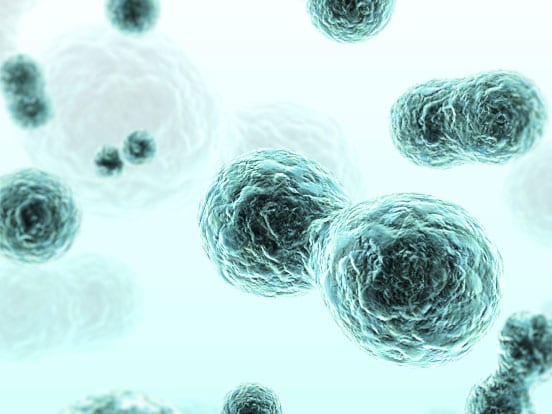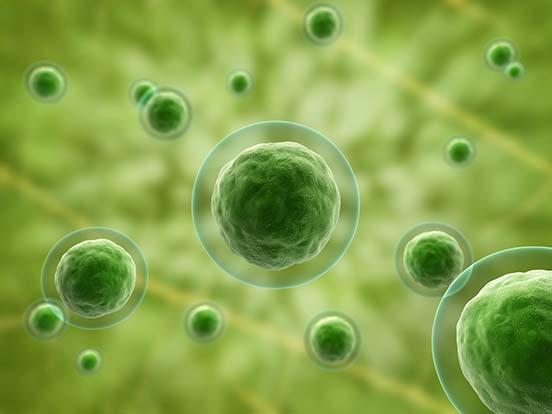Categories
Lyophilized Exosome Standards
Purified and quantified extracellular vesicles (EV) obtained from a variety of biological sources.
Exosome Isolation
Methods and tools for fast, scalable and reproducible Extracellular Vesicle (EV) purification.
Exosome Quantification
Kits for quantification and characterization of EV markers by ELISA and FACS.
Nucleic Acid Extraction
Ready-to-use kit for direct capture of EVs and exosome RNA extraction from human biofluids and cell culture media.
Exosome Antibodies
Validated polyclonal and monoclonal antibodies against common and disease- specific exosomal markers.
Liquid Biopsy
Kits for exosome isolation and analyzation of EV associated biomarkers in biofluids.
What are Exosomes?
Exosomes are small endosome derived lipid nanoparticles (30-100 nm in diameter), actively secreted by exocytosis in most living cells. Present in both normal and pathological conditions, their release occurs either constitutively or upon activation.
Where are Exosomes Found?
Exosomes have been isolated from diverse cell lines (hematopoietic cells, tumor lines, primary cultures, and virus infected cells) as well as from biological fluids e.g. serum and plasma from cancer patients, and other body fluids, including bronchoalveolar lavage fluid, pleural effusions, synovial fluid, saliva, and urine.
Functions of Exosomes
Acting on tissues in both the local environment and further afield, exosomes function as signal carriers through their cargo of RNA, proteins, lipids and DNA. Exosomes are involved in a wide range of normal and pathogenic processes including:
-
- Cell metabolism and signaling
- Inflammation
- Immune responses
- Metastasis and progression of tumors
- Coagulation
- Transfer of proteins & nucleic acids
Can't find what you need?
Please contact us with any inquiries regarding our Exosome kits

